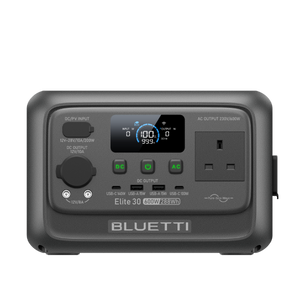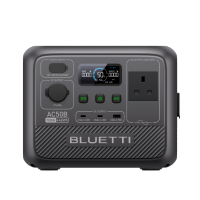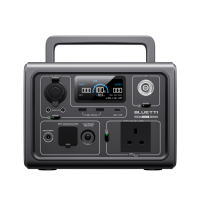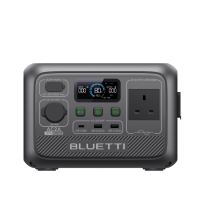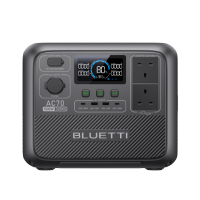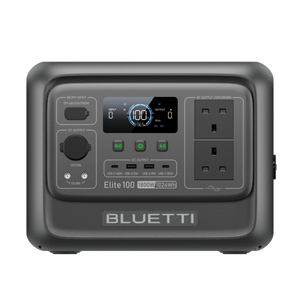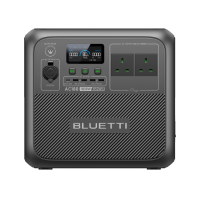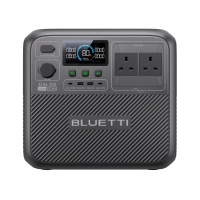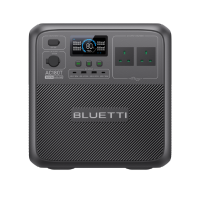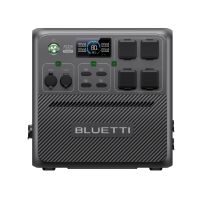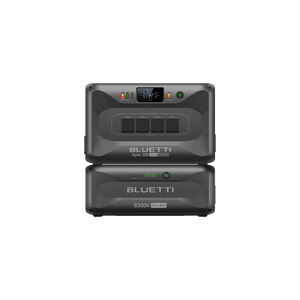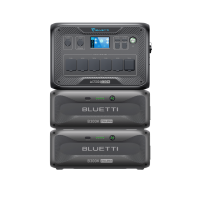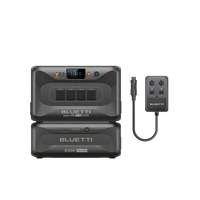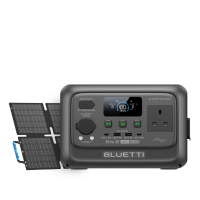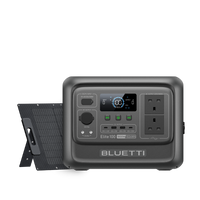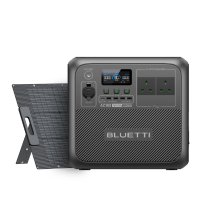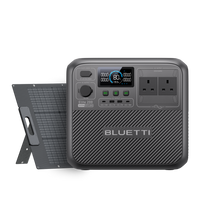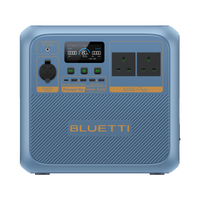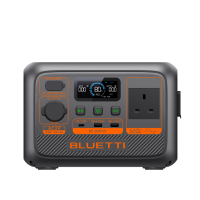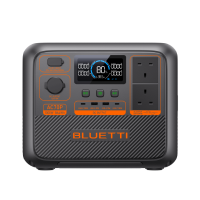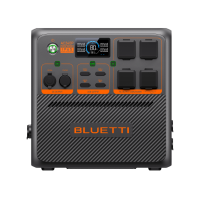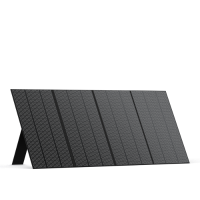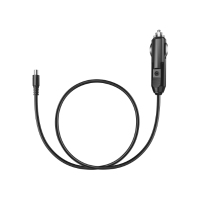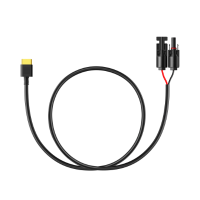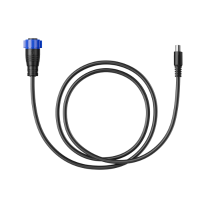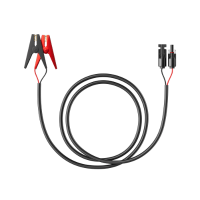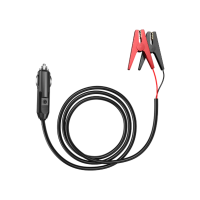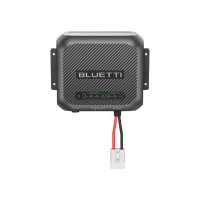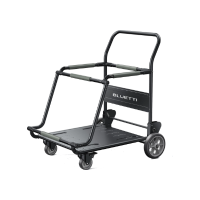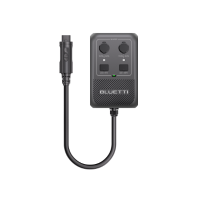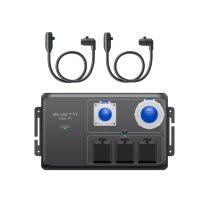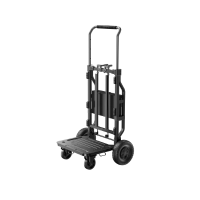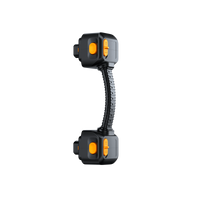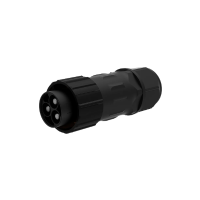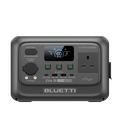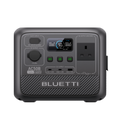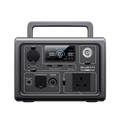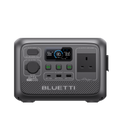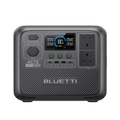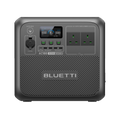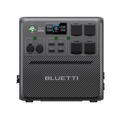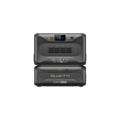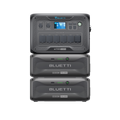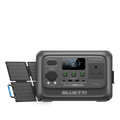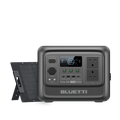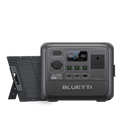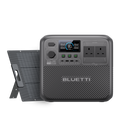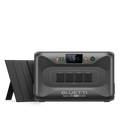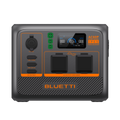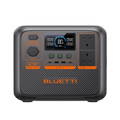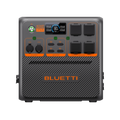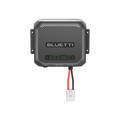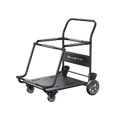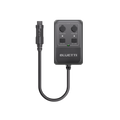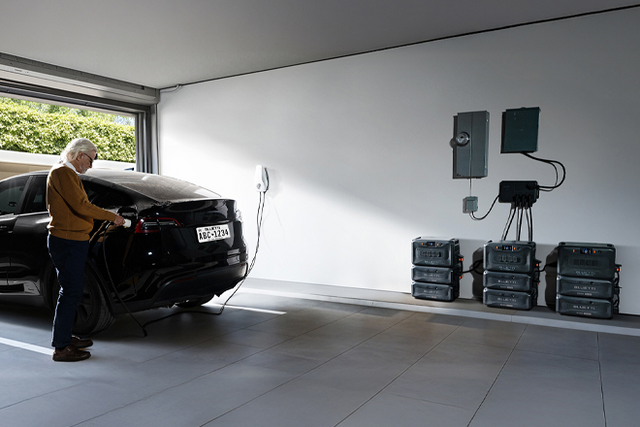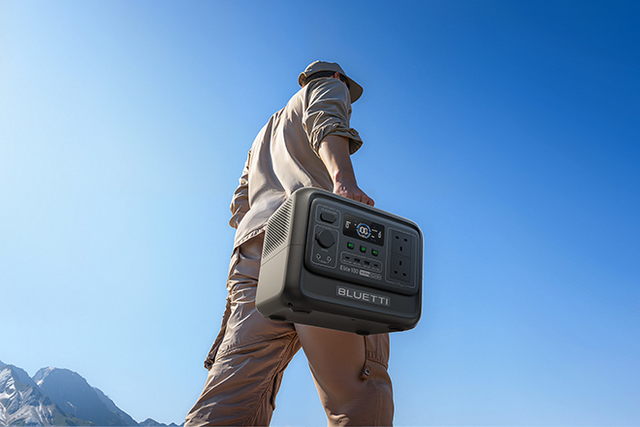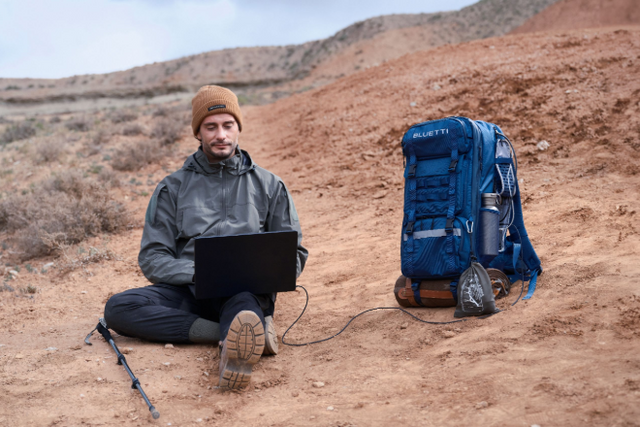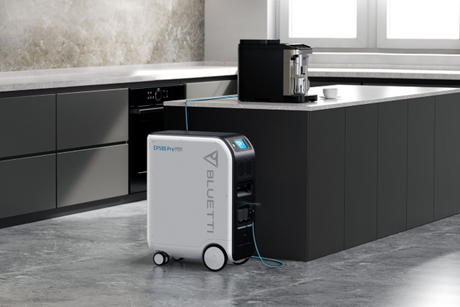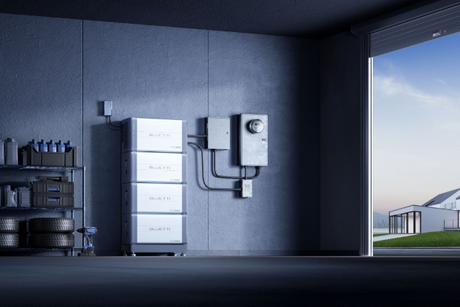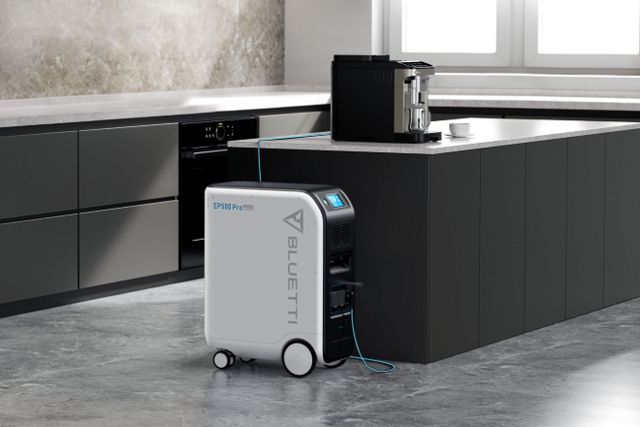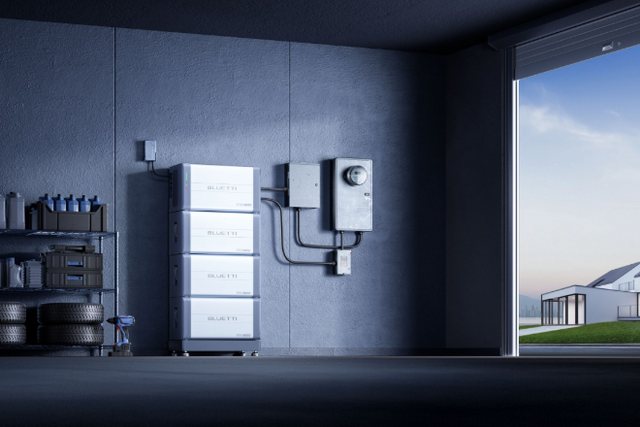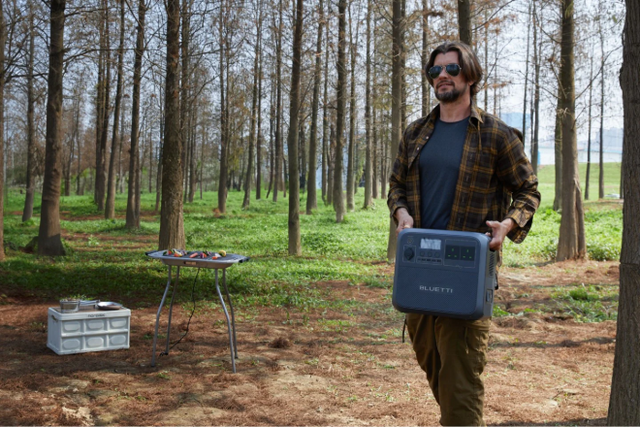Power outages are an unavoidable inconvenience. They can disrupt our daily routines, businesses, and essential services. From losing access to electricity for cooking and heating to interruptions in communication and healthcare, the impacts are far-reaching. These disruptions can occur at any time, whether due to natural disasters, human interference, or technical failures.
Understanding what caused outages is crucial for minimising their impact and staying prepared. While some power outages last only a few minutes, others can stretch for hours or even days. Knowing the common causes of these outages helps identify potential risks. Plus, they will enable better planning to handle emergencies effectively.
In this blog, we’ll take a closer look at what caused the power outage today. Additionally, we will look at the most frequent reasons behind power disruptions and actionable steps you can take to prepare for future outages.
Whether you're concerned about severe weather, equipment failures, or even cyber threats, we have got your back. This guide will equip you with the knowledge to navigate and mitigate the challenges of power interruptions. By staying informed and proactive, you can safeguard your household and ensure you're ready to face any power-related challenges.
Common Causes of Power Outages
Power outages are an unavoidable part of modern life, often catching us off guard and disrupting daily routines. They can affect everything from our ability to work and communicate to essential services like heating, cooling, and healthcare.
While some outages are brief and localised, others can span large areas and last for extended periods. Understanding the common causes of power outages is key to preparing for them effectively and minimising their impact. By staying informed and ready, you can ensure your household remains safe and functional even when the lights go out.
Let’s discuss some of the major causes of power outages:
1. Severe Weather and Natural Disasters
Extreme weather events like storms, hurricanes, and floods are the leading causes of power outages. These events can damage power lines, transformers, and substations, cutting electricity supply to large areas.
2. Grid Overload
During peak energy demand, especially in summer and winter, the power grid can become overloaded, leading to outages. This happens when the electricity demand exceeds the grid's capacity to deliver it.
3. Power Equipment Failure
Power equipment failure, often caused by ageing infrastructure or technical malfunctions, can lead to local power outages and disrupt service. These failures may result from various factors. These factors include worn-out transformers, malfunctioning circuit breakers, or degraded wiring. The deterioration of these essential components over time can severely impact the reliability of power distribution.
4. Man-Made Damage
Human errors and accidents can contribute significantly to power outages. For instance, accidental damage to power lines during construction can lead to disruptions in service.
Similarly, vehicle accidents involving utility poles, where vehicles strike poles or electrical infrastructure, are another common cause of damage to the power grid. These incidents often result in downed power lines or compromised electrical systems, affecting the reliability of the electricity supply.
5. Wildlife Interference
Small animals like squirrels, birds, and snakes can disrupt power supply by coming into contact with electrical equipment. These disruptions cause short circuits or equipment damage.
6. Trees Falling
Trees falling on power lines, often due to heavy winds or storms, are a frequent cause of outages. Even branches touching power lines can lead to disruptions.
7. Planned Power Outages
Planned power outages are sometimes scheduled by utility companies for essential maintenance, infrastructure upgrades, or system improvements. They can be inconvenient for residents and businesses alike. But, these outages are crucial for maintaining the long-term reliability and efficiency of the power grid.
8. Excessive Digging
Excessive digging can result in significant damage to underground power cables. This is often caused by excavation work without adequate planning or oversight. This disruption can cause localised power outages, affecting nearby homes, businesses, and services.
9. High Energy Demand
High energy demand during extreme weather events such as heatwaves or cold snaps can significantly stress the power grid. It leads to potential disruptions in electricity supply. These periods of intense temperature fluctuations cause a surge in electricity consumption, as people rely heavily on heating or cooling systems to maintain comfort.
The surge in demand can overwhelm the grid's capacity. It makes it more difficult for utility companies to balance supply and demand effectively. This strain on the power infrastructure increases the likelihood of power outages. It can have serious consequences for homes, businesses, and essential services during these critical times.
10. Cyber Attacks
In today’s digital age, cyberattacks targeting energy infrastructure pose a growing risk, with hackers aiming to disrupt power supply.
11. Space Factor
Events like solar flares and geomagnetic storms can interfere with power grids and satellite communications, causing rare but significant power outages.
What To Do After A Power Outage?
Dealing with a power outage can feel overwhelming, but staying calm and taking the right steps can make all the difference. Start by figuring out if the outage is just in your home or affecting the entire neighbourhood. If it’s widespread, check your utility provider’s website or app for updates on what caused the power outage today. Knowing what’s going on can help ease some of the frustration.
To protect your electronics, unplug them during the outage. This prevents potential damage from power surges when electricity is restored. For lighting, skip the candles, they might seem convenient, but they’re a fire hazard. Use flashlights instead (and make sure you’ve got extra batteries handy). If your fridge or freezer is full, keep the doors closed as much as possible to keep your food cold longer.
It’s also smart to prepare ahead of time for outages. Here’s what you should always have ready:
-
Flashlights (with extra batteries)
-
Portable phone chargers to keep your devices running
-
Non-perishable food and bottled water
Moreover, when it comes to reliable backup power during an outage, the BLUETTI AC300+B300K stands out as an excellent choice. This advanced home battery backup system is designed to keep your essential devices running, offering clean, efficient, and eco-friendly energy storage.

Whether you're preparing for emergencies or simply seeking peace of mind, the BLUETTI AC300+B300K ensures you stay powered and connected when it matters most.
By staying prepared and calm, you can handle any power outage with ease!
Q&A
1. What Is The Most Common Cause Of IT Outages?
Severe weather and natural disasters are the most frequent culprits, as they directly impact physical infrastructure like power lines and transformers.
2. Where Are Power Outages Most Common In The UK?
Power outages are more common in rural and coastal areas of the UK, where weather conditions and ageing infrastructure pose significant challenges.
3. How To Check Power Outages In Your Area?
You can check power outages by visiting your local utility company’s website, using their mobile apps, or contacting their customer service for updates.

Conclusion
Power outages are an unavoidable part of modern life, and while they can be inconvenient, they don’t have to throw your entire day off track. Understanding what caused the outage and taking the right steps to address the situation can make all the difference in how you handle it. Whether it’s a brief disruption or an extended blackout, staying calm, informed, and prepared ensures that you can minimise the impact on your daily life.
One of the best ways to stay prepared is by investing in reliable tools like the BLUETTI AC300+B300K home battery backup. Unlike traditional fuel-powered generators, this advanced system provides clean, quiet, and efficient power to keep your household running during an outage. It’s perfect for powering essential devices, from your fridge and lights to communication tools, so you’re never left in the dark.
Preparedness is key to staying safe and comfortable during a power outage. By keeping essential items ready, staying informed about outages in your area, and using dependable backup power solutions, you can confidently face any power disruption. Remember, a little preparation goes a long way. Stay safe, stay prepared, and power through outages with confidence!
